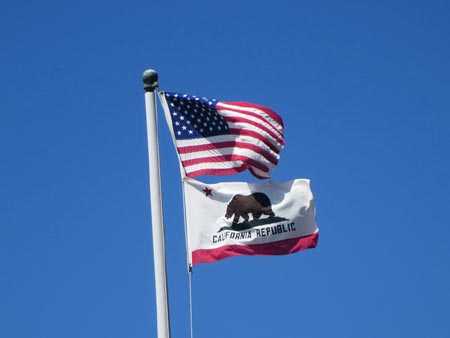 On January 1, 2020, California companies will face a new, more stringent test to determine if their workers should be classified as employees or independent contractors. This sweeping labor law change was primarily meant to secure protections for “gig economy” workers — like Uber and Lyft drivers — by ensuring them a minimum wage, overtime, workers' compensation, and unionization rights, among others. The change could affect an estimated 2 million workers statewide.
On January 1, 2020, California companies will face a new, more stringent test to determine if their workers should be classified as employees or independent contractors. This sweeping labor law change was primarily meant to secure protections for “gig economy” workers — like Uber and Lyft drivers — by ensuring them a minimum wage, overtime, workers' compensation, and unionization rights, among others. The change could affect an estimated 2 million workers statewide.
But this new law, enacted as AB 5 and signed by Governor Gavin Newsom in September, has actually raised more questions than it has answered. From Silicon Valley to the agricultural industry of central California, businesses and corporations that have worked with freelancers for decades are struggling to understand what this means for them and the people they hire.
Here at the National Notary Association, we have received numerous calls and emails from California Notaries, particularly mobile Notaries and Notary Signing Agents, wondering if it will impact them.
Our experts have thoroughly reviewed the new law and the new “ABC” and business-to-business contracting relationship tests and, as it stands now, we find ourselves in the same position as most other industries: There is no clarity on its impact on Notaries. We firmly believe, however, that Notaries who have been in business for themselves as independent contractors should be allowed to remain that way.
We will be reporting any updates on this issue in the Notary Bulletin and on our social media channels as they develop. But in the meantime, our experts have gleaned some observations and insights on AB 5, which include:
The “ABC” Test and Business-to-Business Contracting Relationships – The new law redefines how independent contractors are classified by applying a 3-pronged test. In simple terms, a hiring employer must demonstrate that an independent contractor:
- Is free from the hiring employer’s control
- Performs work not central to the hiring employer’s business; and
- Has an independent business in their industry.
There are also tests for legitimate business-to-business contracting relationships. Those most affected include rideshare workers, truck drivers, commercial cleaning services, unlicensed manicurists, land surveyors, campaign workers and more.
Exemptions – Exemptions include most medical professionals, attorneys, insurance brokers, accountants, travel agents, graphic designers, freelance writers, estheticians, tutors and more. Notaries are not specifically mentioned anywhere in the statute.
Notary Signing Agents and Mobile Notaries – Here is where the issue gets murky. If you handle signings for only one title company or client, it could be argued that you should be an employee of that company under the “ABC” test. If you work for multiple entities things get more complicated. More than 70 percent of full-time mobile Notaries and NSAs report that they average between 5 and 15 signings — for as many as five different companies — in any given week. It’s likely that Notaries in this class could meet the requirements for legitimate business-to-business contracting relationships and, therefore, would be exempt from the new law’s requirements.
Office and Retail Notaries – Most California Notaries are already employed by a company in an office or retail environments like banks, law offices, title companies, insurance agencies, and mailbox stores. If you are one of these Notaries you will likely not be impacted, as you are already a company employee. It could get more complicated, though, if you perform notarizations outside of the workplace.
New Legislation or Rules Likely – Because of the questions and lack of clarity in the items above, we predict there will be challenges to AB 5 in 2020, which could result in updated rules, amendments or possibly even new legislation to add further exemptions.
Phillip Browne is Vice President of Communications for the National Notary Association.